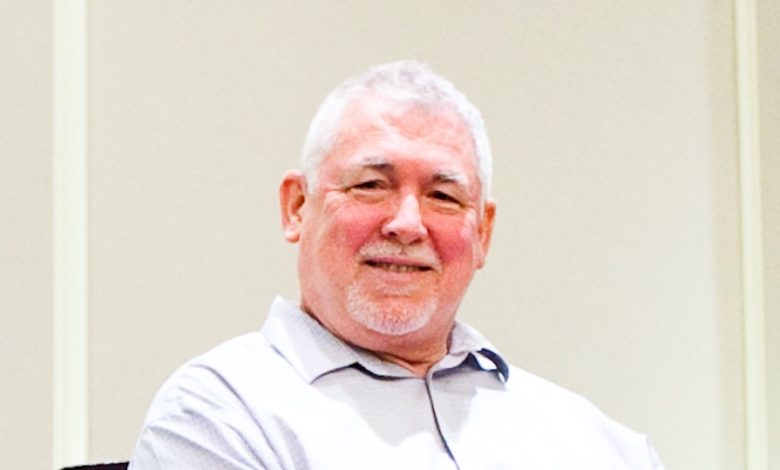Frank Coles joins independent ESG service focused on seafarer welfare and shipbreaking

With a rising trend in the maritime industry towards a more coordinated approach in respect of ESG auditing and reporting, a former senior expert for environmental and safety risk management at DEA Deutsche Erdoel, Bryce Lawrence, has teamed up with former Wallem boss Frank Coles to launch what is called the industry’s first independent, non-conflicted ESG service focusing on two key risk areas in the maritime logistics industry – seafarer welfare and shipbreaking.
The ESG Ship Vetting is a service to help importers, exporters, cargo owners, some limited charterers, and maritime financial institutes, demonstrate that they have analysed, and can accurately report, the ESG/sustainability risks of the entire supply chain. The service, which will not be provided to any vessel owners, shipmanagement companies or crew management companies, will focus solely on the exploitation of seafarers and abuse of their human rights and human rights, safety and environmental concerns linked with the disposal of ships on Southeast Asian beaches.
According to ESG Ship Vetting, it is expected that shipmanagement companies, existing ship vetting companies, and others inside the industry will start to offer ESG services, but this would conflict with their existing roles and income streams in the industry and the audit process. It also noted that there are some questionable ownership conflicts of interest in the existing industry ship vetting practices which aren’t acceptable in other industries.
The shipping industry is largely self-governing, with little transparency
“We identified that the majority of the companies paying to have their products shipped by sea are not aware of the ESG/sustainability issues that blight the industry, are not aware of the conflicts of interest in ship certification/auditing, and are not aware of the lack of effective regulatory enforcement that allows these issues to flourish,” explained Lawrence.
“What’s more, there are some major players in the shipping industry who skirt the rules that apply to them and allow their old ships to be illegally and unethically disposed of on the beaches of southeast Asia, by companies that have no regard to safety, labour conventions, human rights, the environment and child labour laws,” he added.
Frank Coles, who acts in an advisory capacity for ESG Ship Vetting, said: “It is an open secret in the industry that seafarer welfare and human rights abuses occur in the shipping industry, and it is known these practices would never be accepted onshore in developed countries or by customers in those developed countries.”
“Despite there being plenty of rules and conventions that are intended to prevent issues from occurring in the shipping industry, the shipping industry is largely self-governing, with little transparency, too many conflicts of interest for the key actors and, sadly, plenty of corruption,” said Coles. “As a strategic advisor with ESG Ship Vetting, I am now able to approach the issue of seafarer welfare from a different perspective.”
ESG Ship Vetting will not be a one-stop-shop ESG/sustainability shipping industry vetting service and will not provide any ESG services relating to CO2 emissions in the shipping industry or other environmental services. “We provide a targeted specialist service for an existing problem that is becoming an emerging issue for shippers and investors,” concluded Lawrence.
